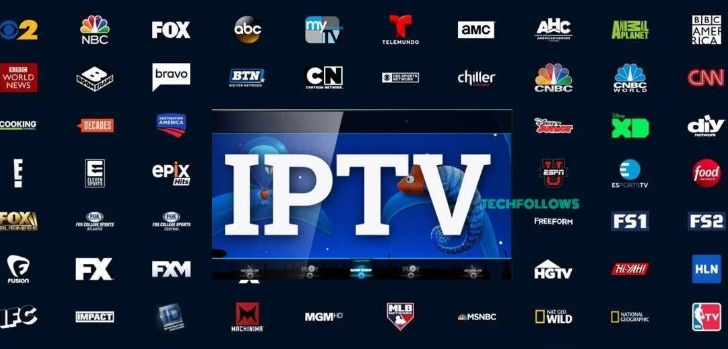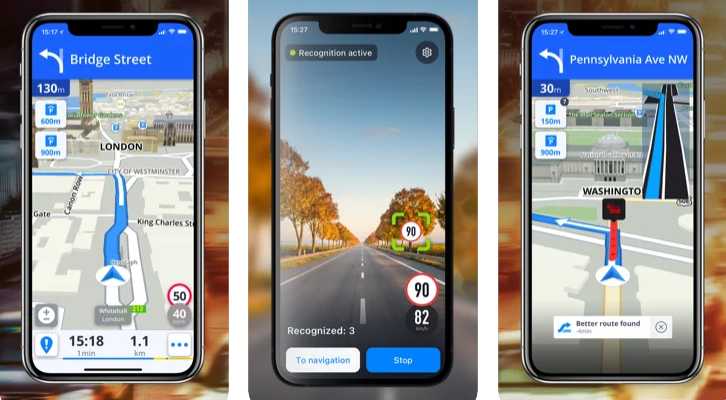If you have recently stepped away from your cable company, and are looking for a solution to live channels without the high cost, you have come to the right place. The number of “Cord Cutters”, or consumers who have ditched traditional cable television are growing steadily every year.
Find out below where everyone is getting their channel line-up today. Turns out, they are moving to IPTV providers. Keep reading below to find out what IPTV is, and what it can do for you.
IPTV Basics
IPTV stands for Internet Protocol television, and it allows you to stream both live television like major networks plus videos and other content using a TCP\IP handshake. The IP part of the equation provides the address to pull in the data while TCP sorts the information pulled in once it gets to the IP’s destination. This is different from your major cable access providers who use satellite and cable television formats. Now, there are two different types of IPTV providers, verified or unverified. And yes, both are legal.
Verified IPTV
Most people have heard of the verified IPTV providers by name, even if you didn’t know exactly how it worked. Companies such as Sling, Hulu, Philo, and YouTube TV are all providers of verified IPTV. For a monthly fee you are granted access to their services which vary by provider. You can count on everything being on the up and up because these companies don’t want to assume the risk of copyright infringement.
Unverified IPTV
Unverified companies, although legal, are called unverified because there is no way to check if they carry the licensing for their content. To pull in their channel line-up you have to download an app to access the programs. You have to trust that they legally have the right to show you the programming provided, and they are secure enough not to succumb to hackers, inadvertently exposing your data.
Verified Or Unverified-Which Way To Go
Both verified IPTV and unverified are pretty simple to use and have their advantages. Cost is a huge factor in choice for most consumers. If you don’t mind paying more, verified IPTV comes with the guarantee that there are no copyright issues, but these services can cost literally as much as traditional cable television. Most cord cutters are interested in saving money which prompted many to leave the major cable services from the beginning.
Enter unverified IPTV. Typically costing much less and having a huge choice of programming, these services are a popular choice for computer savvy homes who are proficient with setting up VPN, or virtual private network. This encrypts your connection and masks your IP address so that no one, even the government, can monitor your viewing.
The Future Of Television
According to an independent reporting media group, in the last decade almost 16 million people either canceled traditional cable television, or never subscribed from the beginning. Moving forward that number has tripled and is projected to hit 50.4 million consumers this year. Technology is ever changing so check out what IPTV can do for your household today.



